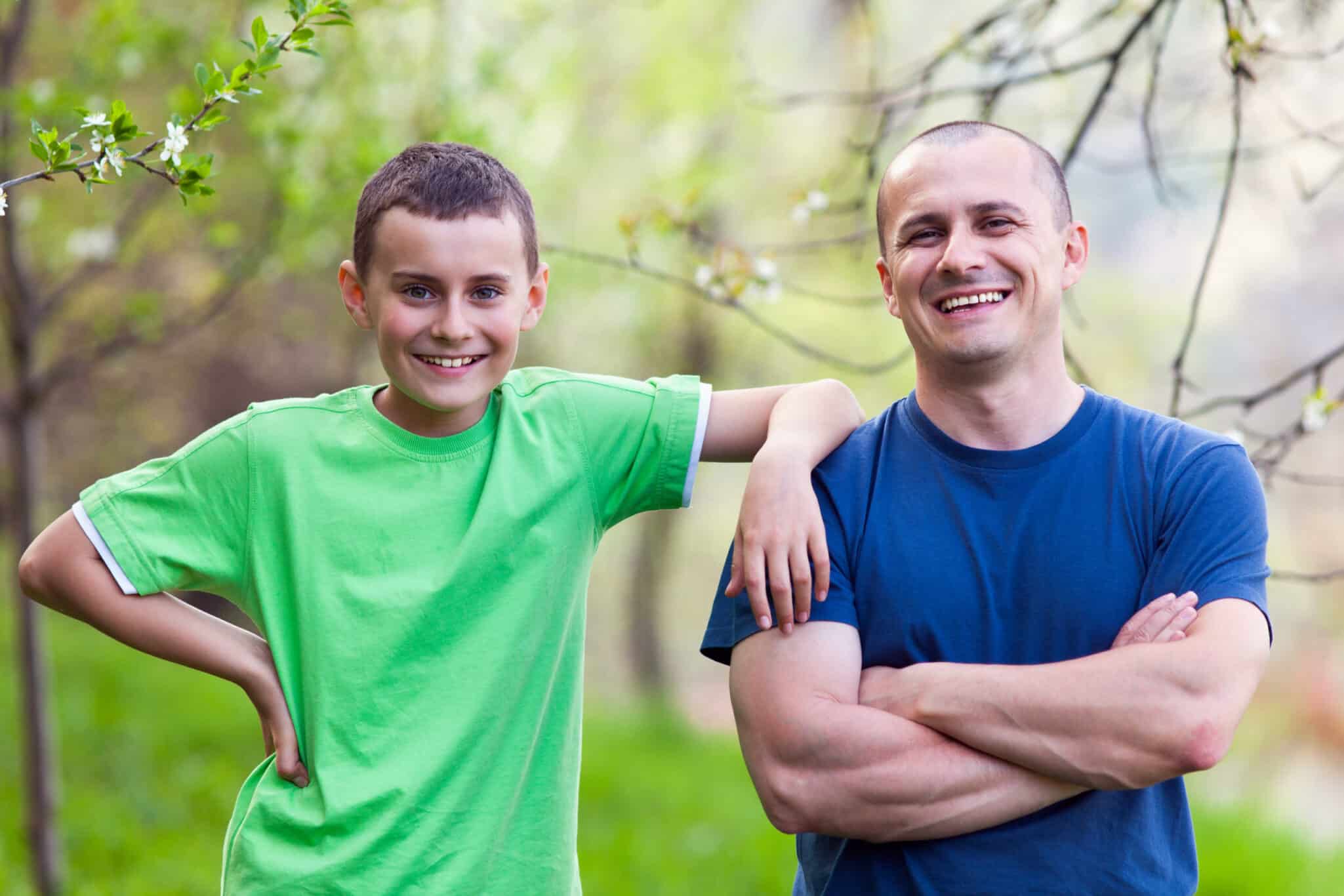According to The National Child Trauma Stress Network (NCTSN), “Children whose families and homes do not provide consistent safety, comfort, and protection may develop ways of coping that allow them to survive and function day to day.” These coping mechanisms can include biological responses, varying attachment in relationships, cognitive barriers, and behavioral challenges. NCTSN goes on to say, “These kinds of learned adaptations make sense when physical and/or emotional threats are ever-present. As a child grows up and encounters situations and relationships that are safe, these adaptations are no longer helpful, and may in fact be counterproductive and interfere with the capacity to live, love, and be loved.”
As an organization, Voices for Children upholds the Trauma-Informed Care Code of Conduct, a set of guidelines developed by young adults in San Diego’s foster care system. However, learning how to practically support a child who has experienced trauma can be difficult for any adult, which is why we train our Court Appointed Special Advocate (CASA) volunteers to approach every situation with empathy and patience. One such advocate, CASA Derek, utilized the tools he learned in our trainings, as well as his own inherent compassion, to provide positive guidance to his case youth.
CASA Derek was paired with foster youth “Gerald”* back in September 2019. Gerald’s upbringing and past trauma meant he had a difficult time controlling his emotions and following rules.
Shortly after the two were paired together, CASA Derek had an honest discussion with Gerald about his expectations for the youth’s behavior, manners, and listening skills for their outings together.

Throughout the fall and winter, CASA Derek and the staff at Gerald’s group home reported that Gerald’s behavior on special outing days showed exceptional improvement. Gerald seemed to enjoy showing his CASA how well-mannered he could be and was polite to everyone they came across on their outings. The group home staff mentioned that Gerald looked forward to spending time with Derek and spoke highly of him.
Gerald continues to work on improving his behaviors, but thankfully, CASA Derek provided his case youth with both guidance and space to progress. Like Derek, you can be a caring and stabilizing presence in a foster youth’s life. Learn how to become a CASA volunteer by signing up for an online Volunteer Information Session today.
The current pandemic disproportionally affects foster youth. You can help to ensure foster children receive much-needed educational, medical, and other resources by supporting our CASA program and giving generously today.
*Names and other identifying details have been changed to protect confidentiality.
